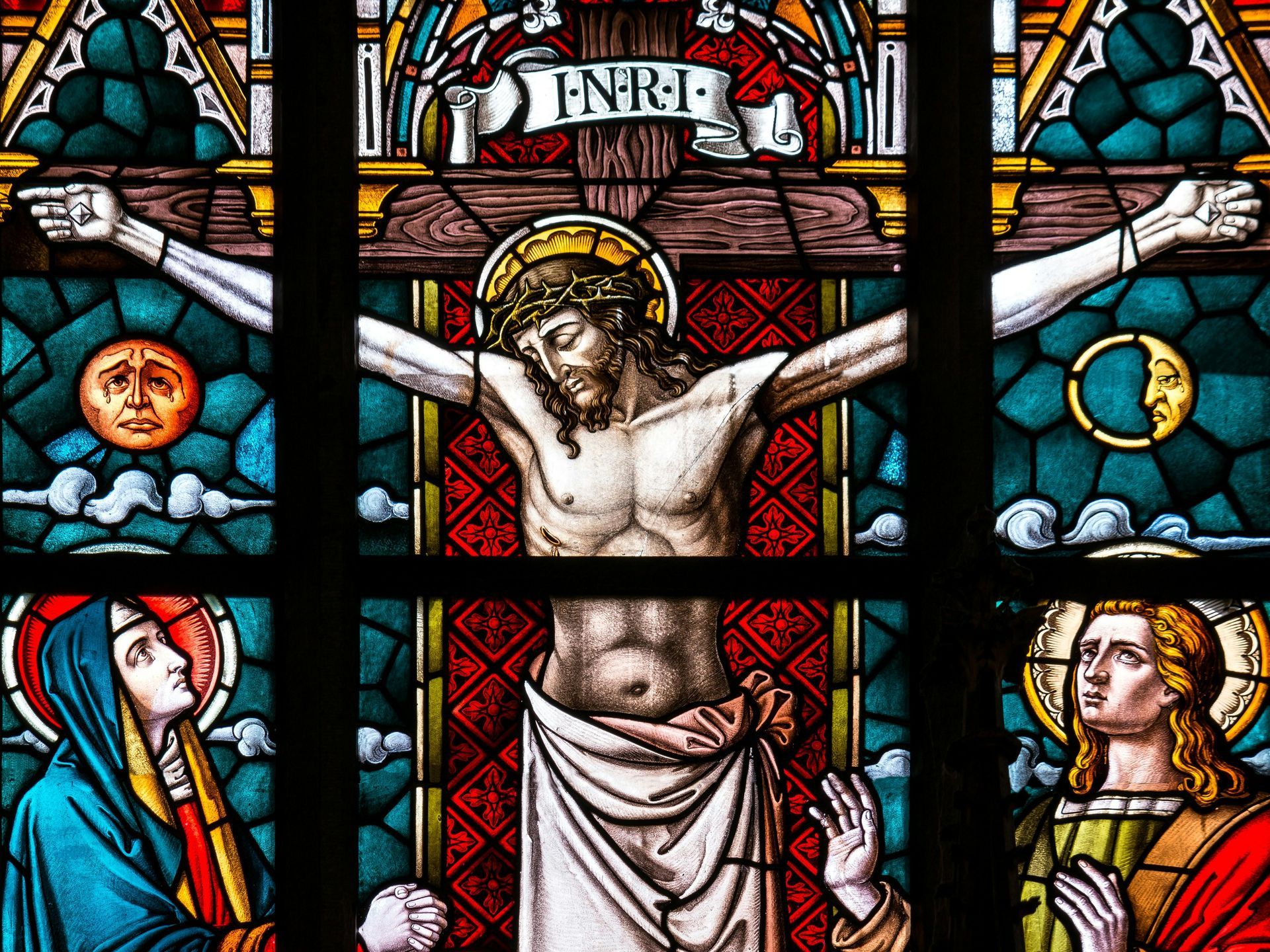5th Sunday of Lent
THEME: THE GOD OF SURPRISES

The first reading tell us that Got is about to bring a salvation greater than when he freed Israel from Egypt. The second reading is about Paul, a man capable of opening up his heart to the greatest of God’s surprises, the sending of Son into the world. The Gospel describes how Jesus behaves with sinners. Here, too, our human way of thinking is upset. God is much greater than we can understand, and does not condemn anybody.
God’s statement in today’s first reading, “See, I am doing something new” leads us into the Gospel, where we see Jesus taking a new approach to sinners. He did not come to condemn but to save. His kindness to a woman caught in adultery freed her from both the death sentence and from her sins. What is made new may well be us, we put our past behind us and move on to what is ahead. For your days are better when you focus on made mistakes, been weak, we find that God has “remembered not”. The first two readings and the responsorial psalm go no to assure us that God has formed us, blessed us, called us to himself. We are forgiven and beloved. Through the Gospel episode, we are enlightened, Jesus speaks not only to the people of his time but to us as well. With very few conversion, as he challenges the complacent/self-righteous while he accepts and forgives the accused sinner.
C.S. Lewis writes that: “Fallen man is not simply an imperfect creature who needs improvement: he is a rebel who must lay down his arms. Laying down your arms, surrendering, saying you are sorry, realizing that you have been on the wrong track and getting ready to start life over again from the ground floor is the only way out of a dark hole.” As St. Irenaeus famously declared: “The glory of God is the human being Fully alive.” St. Mother Teresa said, “Be kind and merciful, let no one ever come to you without leaving better and happier.”







